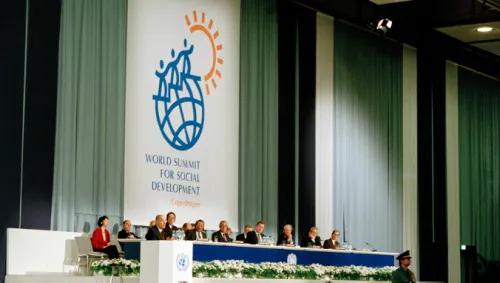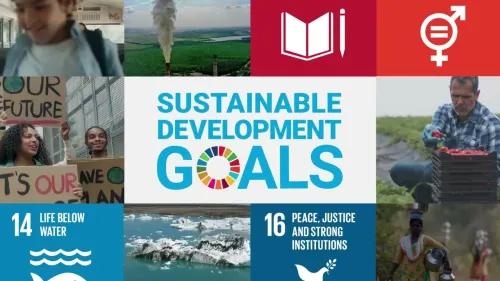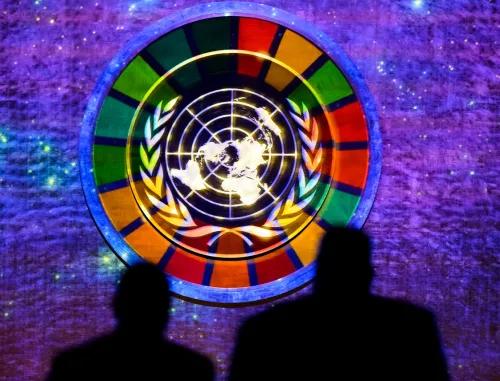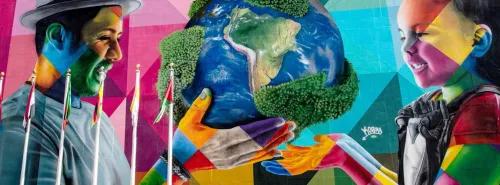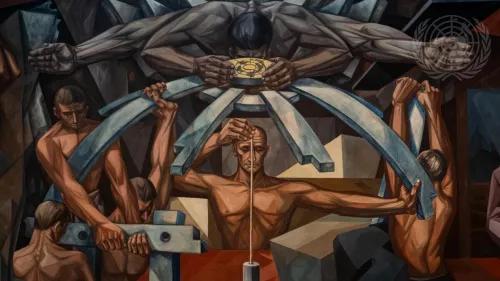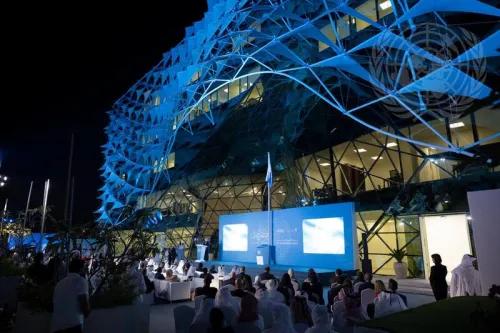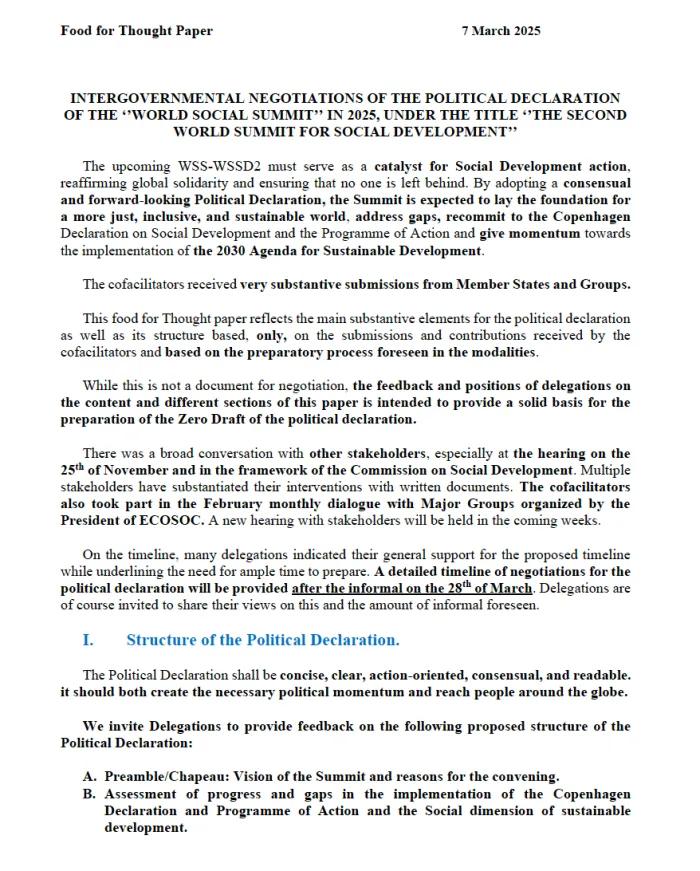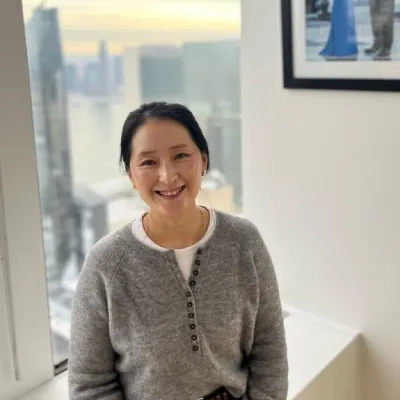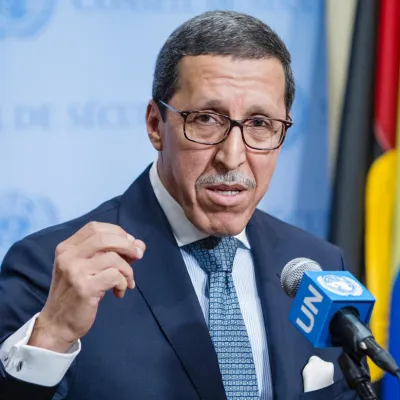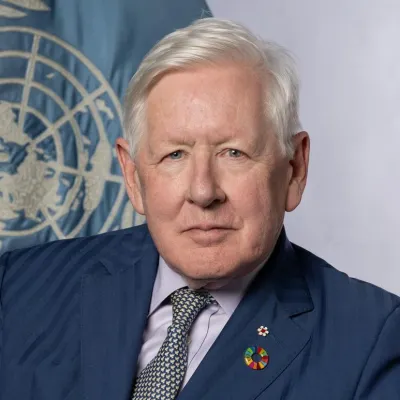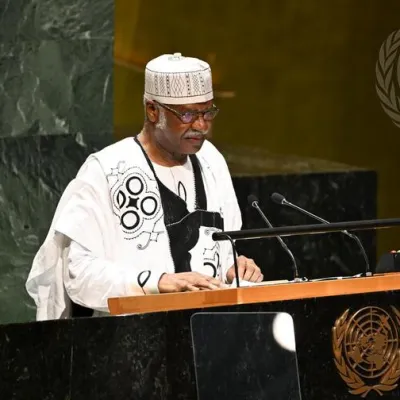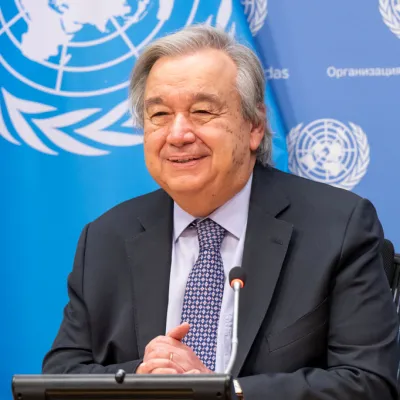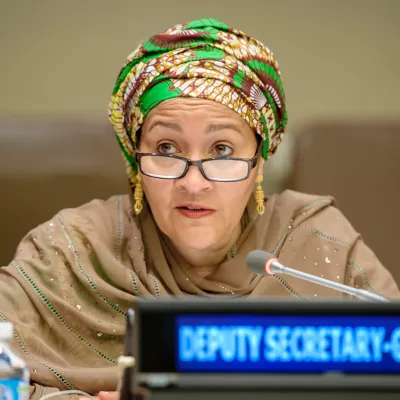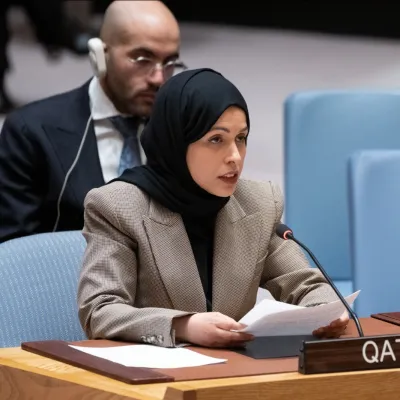Second World Summit for Social Development
4 - 6 November 2025 | Doha, Qatar
The United Nations General Assembly, through its resolutions 78/261 and 78/318, decided to convene the “World Social Summit” in 2025, under the title “the Second World Summit for Social Development.” Convening at the level of Heads of State or Government, the summit aims to address the gaps and recommit to the Copenhagen Declaration on Social Development and the Programme of Action and its implementation and give momentum towards the implementation of the 2030 Agenda. The summit will be held in Doha, Qatar from 4-6 November at the Qatar National Convention Centre. Pre-Summit events will take place on 3 November 2025.
In a world facing deepening inequalities, demographic shifts, and rapid technological and environmental changes, the Second World Summit for Social Development provides a crucial platform for global dialogue and collaborative action. It is a unique space for leaders from governments, international organizations, non-governmental organizations, civil society, the private sector, academic institutions, and the UN system to engage on social development issues at the highest level and advance social progress, ensuring that no one is left behind in our global sustainable development journey.
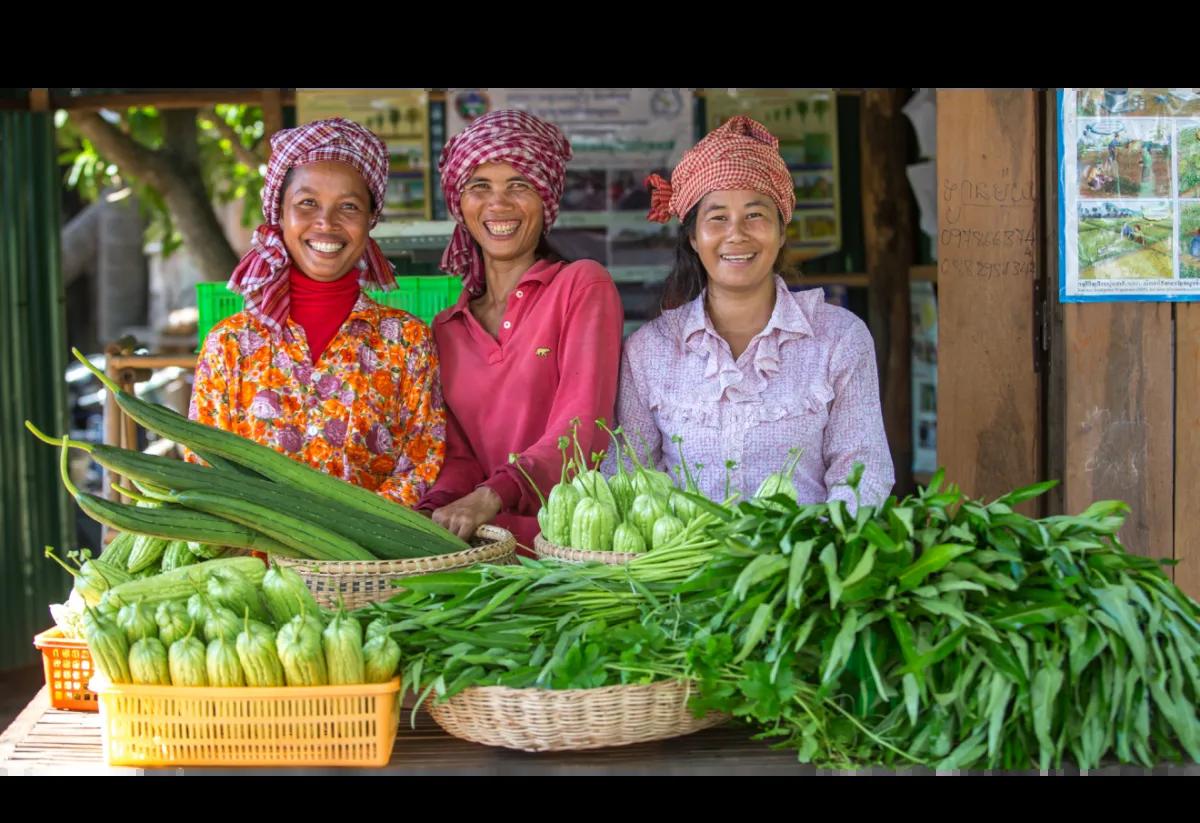
Key Dates

Doha Marks UN Social Summit with Flag Ceremony
Against a quiet morning sky, the flags of the United Nations and the State of Qatar rose together in Doha, ahead of the Second World Summit for Social Development. The ceremony marked the United Nations’ formal assumption of the Qatar National Convention Centre (QNCC) as the venue where world leaders will gather to reinvigorate the global social pact.

Pre-Summit Events in Doha
The events in Doha will kick-off on 3 November, with Qatar co-hosting the First Leaders’ Meeting of the Global Alliance Against Hunger and Poverty, with Brazil, and the Doha Solutions Forum for Social Development, with France. Take a look at the Programme page for more information.

Doha Political Declaration
On 4 November 2025, the General Assembly adopted resolution A/RES/80/5, formally endorsing the Doha Political Declaration of the “World Social Summit” — the Second World Summit for Social Development. Through this resolution, Member States reaffirm the enduring relevance of the Copenhagen Declaration and Programme of Action and commit to renewed global efforts to eradicate poverty, promote full and productive employment and decent work for all, and advance social integration.

Doha summit ends with call to turn social pledges into action
Doha summit ends with call to turn social pledges into action. Speaking at the closing press conference, President of the UN General Assembly Annalena Baerbock said the Summit marked a “deliberate shift” from identifying gaps to acting on proven solutions. Learn more.
The Road to the Second World Summit for Social Development
Latest News
FAQ
General Questions about the Summit
- What is the purpose of the Second World Summit for Social Development?
The Summit aims to reaffirm global solidarity and accelerate action on social development by assessing progress, addressing gaps, and strengthening implementation of the 2030 Agenda for Sustainable Development and the Sustainable Development Goals.
- What will be the main outcome of the Second World Summit for Social Development?
The Summit will adopt an action-oriented political declaration that outlines commitments to social development and provides momentum for implementation at national and international levels.
- How does the Second World Summit for Social Development align with other ongoing UN global initiatives?
The Second World Summit for Social Development is designed to align with and maintain coherence across commitments made in other recent global processes, such as the 2023 SDG Summit Political Declaration, the Pact of the Future and the forthcoming Fourth International Conference on Financing for Development (FfD4).
- Why is a new Political Declaration necessary?
Despite progress since the first Social Summit, significant social development gaps remain. A renewed commitment is needed to address these challenges through integrated and people-centered policies, strengthened institutions and enhanced partnerships.
- How will the Political Declaration be implemented?
The declaration will serve as a framework guiding national governments, UN agencies, and other stakeholders in aligning policies and programmes with its commitments. Countries will be encouraged to integrate these commitments into development strategies, legal frameworks, and public policies.
 Welcome to the United Nations
Welcome to the United Nations





